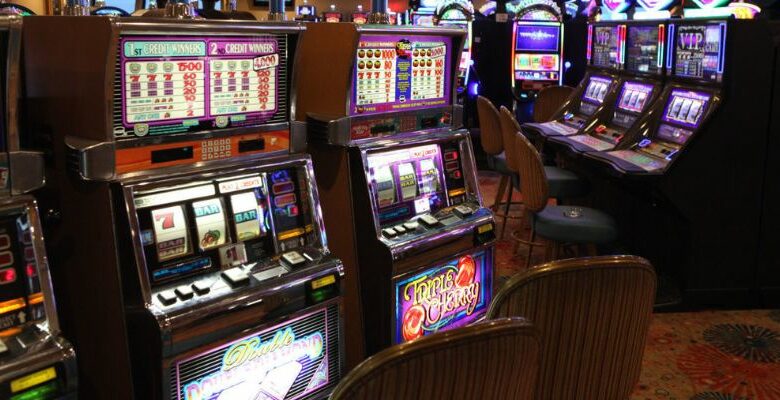The Good That Casinos Do for Communities

Casinos and the Economic Impact They Generate on Communities
Casinos have long been a hotly-debated topic in many jurisdictions around the world. While some opposition has always existed, the benefits of hosting casino projects have been immense and community-defining. While you can still look for online roulette for Canadian players, and have quite a bit of fun, it’s the institution of the casino that has driven strong economic windfall for jurisdictions agreeing to run such businesses.
There have been numerous upsides and goods coming out of allowing casinos, both online and land-based. Today, we will take a closer look at what these are and why more lawmakers agree that building casinos or even hosting them remotely is one of the best things they can do for local economies.
-
People Gamble, So Let Them Do So Legally
The main point in favor of gambling is that – for better or for worse – people will always gamble, and this means that governments have an inherent interest in making sure that people choose to bet legally.
Jurisdictions that have proven hardliners against gambling are finally coming around and liberalizing the markets, welcoming brick-and-mortar projects, but also allowing Internet casinos to run operations, so long as they are compliant with frameworks and measures and they make sure that customers are always protected.
This is precisely why the proliferation of casinos has been a welcome development. In many ways, it allows you to control money flow and generate additional tax dollars, which brings us to the second reason why casinos are good for the economy.
-
Tax Money Goes Up Thanks to Casinos
This is an undeniable truth. Because of the huge revenue casinos generate, state coffers are filling up nicely. In many places, casino gaming revenue is able to offset major deficits in the funding for various activities, such as pensions for public workers and teachers.
It’s thanks to casinos that states and countries are able to fill these up and do so while often tilting away at a big deficit. Over time, casinos are able to completely tackle the deficit and make sure that the state budget looks alright. On top, of it, you can also enjoy some casino cashback offers that are available on many of them and get also back free spins, tickets, etc.
And, the best part? It doesn’t matter if you have a brick-and-mortar or online casino, as both pay tax to the state coffers, which means that the taxpayer always wins, and this is a good thing.
-
New Job Opportunities
When it comes to the brick-and-mortar casino segment, the gains for communities are huge. Casinos can often generate from 100 to 5,000 new jobs, whether those are permanent or temporary positions. This drives a solid financial windfall that can give the budget a serious incentive in the short to mid-term. The permanent jobs created by casino projects are important as they prove the backbone of many communities and allow people to raise their families and know that their livelihoods are more or less guaranteed.
-
Construction Work Associated With Casinos
Another great benefit to casinos is building them. Even before the casinos open their doors, they are already generating huge financial benefits to the city, province, state, or country they are being built in.
Construction work is highly-paid and valued, and casinos often require thousands of hours of work, which is once again good for the jurisdiction that is hosting the operation. With this in mind, the benefits of casino projects are quite substantial, and that is an undeniable fact.
-
Boosting Tourism
Yes, casinos are good not only for generating steady tax revenue. They are there to help you develop your city or region and if you know how to make use of casinos, you will certainly see a positive impact on the state or region you live in.
In fact, even online casinos can attract people from the border areas, especially if another region isn’t offering any viable options. Casinos are bound to drive traffic and results for their communities.



